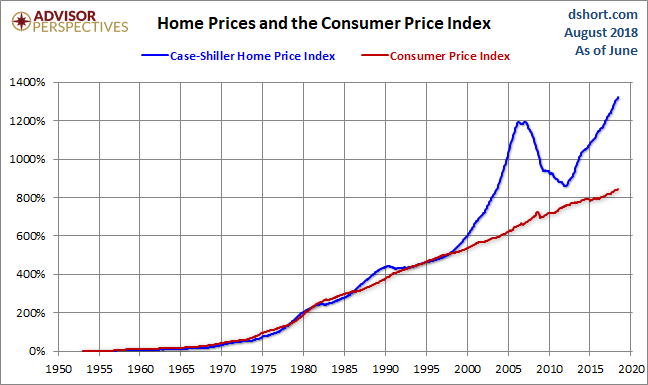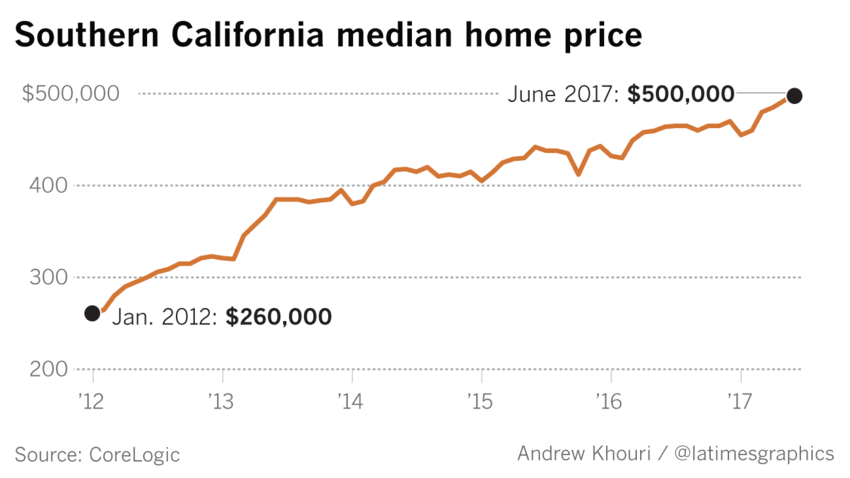So, Canada has done two interesting things in the last couple years to deal with the effects of Covid. The first is let in a lot more immigrants:
Canada added more than 431,000 new permanent residents last year, the largest annual increase in its history, as Prime Minister Justin Trudeau seeks to ease the country’s labor shortages.
The new admissions met the 2022 target set by Trudeau’s government and exceeded the prior year’s record of about 401,000 newcomers, according to a release from Immigration, Refugees and Citizenship Canada on Tuesday.
The Canadian government has consistently raised its annual immigration goals in recent years, with the latest plan targeting 465,000 new permanent residents this year and half a million in 2025. The policies have also propelled population growth to a fresh record and may be contributing to a decline in the country’s median age.
Immigration accounts for nearly all of Canada’s labor-force growth and about 75% of the nation’s population growth.
When you realize that the Canadian population is only about 39 million you’ll understand how radically large this number of immigrants is.
This is an attempt to keep wages and inflation down. Without immigrants, wages would rise quickly, and that can’t be allowed, since Canada, like most developed countries, considers wage inflation almost the only type of inflation which matters.
Almost. To my surprise, Trudeau has decided to do something about housing inflation (something I’ve been calling for for many years):
A two-year ban on some foreigners buying homes in Canada has come into effect.
The ban aims to help ease one of the most unaffordable housing markets in the world.
As of this summer, the average home price in Canada is C$777,200 ($568,000; £473,700) – more than 11 times the median household income after taxes….
…As of 1 January, the ban prohibits people who are not Canadian citizens or permanent residents from buying residential properties, and imposes a C$10,000 fine on those who breach it.
This won’t be enough to cool the housing market much, though the last year has seen a slight decrease in prices. Still, Canada remains one of the most expensive markets in the world: more than New Zealand or the USA.
(I am fundraising to determine how much I’ll write next year. If you value my writing and want more of it, please consider donating.)
(Correction: In addition to a fine, the government can order the house sold, but it’s not automatic and should be)/ In addition a ban of all AirBnB rentals not of the own person’s home (or perhaps one vacation property) and the seizure of all non vacation/summer housing left empty of residents for more than 3 months for any reason other than ongoing renovations would actually cut prices and rents significantly.
The Canadian government needs a lot more people to keep wages down, but if immigrants can’t find housing in cities with jobs (and they can’t, the markets are insanely pricey and few rental units are available at prices immigrants can afford), then the immigration push might well stall out.
Thus the attempt to cool the housing market. This is more intelligent policy than I’m used to from Western governments, but it’s still in service of expanding inequality, virtually the only priority of most developed world nations.
Nonetheless, a golf clap for Prime Minister Trudeau. He’s stupid and venal, but not a complete idiot.


